14-POINT RECOMMENDATION OF UN FACT-FINDING MISSION
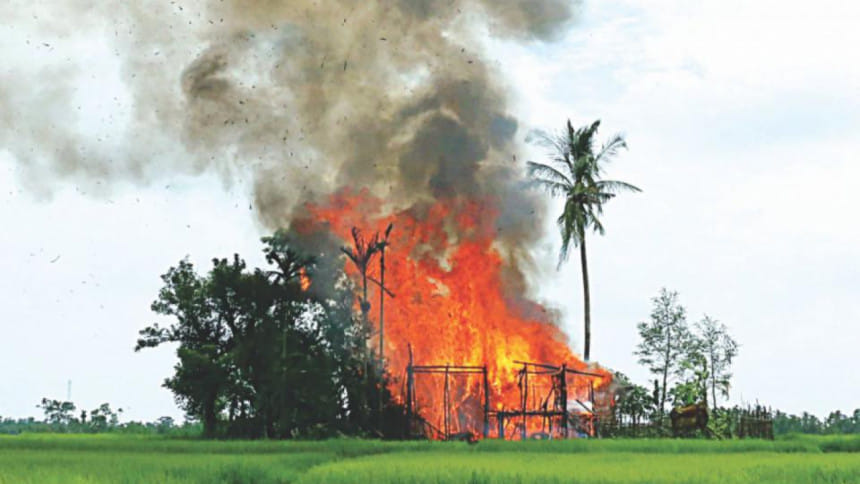
Genocide
There is sufficient information to warrant the investigation and prosecution of senior officials in the armed forces' chain of command, so that a competent court can determine their liability for genocide in relation to the situation in Rakhine State.
Crimes against humanity
Crimes against humanity have been committed in Kachin, Rakhine and Shan States, principally by the military. For Kachin and Shan States, these include crimes against humanity of murder; imprisonment; enforced disappearance; torture; rape, sexual slavery and other forms of sexual violence; persecution; and enslavement.
In Rakhine State, these and additional crimes against humanity were committed. The elements of extermination and deportation are also present, and the systematic oppression and discrimination not only supports a finding of persecution, but may also amount to the crime of apartheid.
War crimes
Given the Mission's consideration that non-international armed conflicts existed in Kachin and Shan States (for the entire period under review) and in Rakhine State at least since August 2017, much of the conduct which gives rise to crimes against humanity will also satisfy the war crime elements of murder; torture; cruel treatment; outrages upon personal dignity; attacking civilians; displacing civilians; pillaging; attacking protected objects; taking hostages; sentencing or execution without due process; as well as rape, sexual slavery, and sexual violence.
Certain acts committed by ethnic armed organisations (EAOs) and Arakan Rohingya Salvation Army (Arsa) may also constitute war crimes.
14-POINT RECOMMENDATION OF UN FACT-FINDING MISSION
(a) The international community, through the UN, should use all diplomatic, humanitarian and other peaceful means to assist Myanmar in meeting its responsibility to protect its people from genocide, crimes against humanity and war crimes.
(b) The UN Security Council should ensure all perpetrators are held to account, preferably by referring Myanmar to International Criminal Court or by creating an ad hoc tribunal. The Security Council should adopt targeted individual sanctions, including travel bans and asset freezes, against those who appear most responsible for serious crimes under international law and impose an arms embargo on Myanmar.
(c) Until the Security Council acts, the General Assembly, or alternatively the Human Rights Council, should create an independent, impartial mechanism to collect, consolidate, preserve and analyse evidence of violations for criminal proceedings.
(d) The Human Rights Council should continue to support the mandates of the Special Rapporteur on Myanmar and the High Commissioner for Human Rights to maintain a strong focus on the human rights crisis in Myanmar.
(e) The Human Rights Council should specifically request OHCHR to focus on ensuring accountability for human rights violations and abuses in Myanmar.
(f) The Human Rights Council should establish a second fact-finding mission for a limited period to build on the work undertaken by the Mission.
(g) The UN should urgently adopt a common strategy to ensure that all engagement with Myanmar takes into account, and addresses, human rights concerns, in line with the Human Rights Up Front Action Plan.
(h) There must be a comprehensive, independent inquiry into the United Nation's involvement in Myanmar since 2011, with a view to establishing whether everything possible to prevent or mitigate the unfolding crises was done; identifying lessons learned and good practice; making recommendations as appropriate, including on accountability; and enabling more effective work in future.
(i) The UN and international community must ensure that the repatriation of refugees and return of internally displaced persons only occurs when safe, voluntary and dignified, with explicit human rights protections in place, including citizenship. In the current circumstances, returns are not possible.
(j) All Member States should ensure that engagement with Myanmar, and support for aid, development and reform projects, take into account and address human rights concerns, and explicitly conform to the principles of non-discrimination and equality.
(k) Regardless of the imposition of an arms embargo by the Security Council, States should not authorise the transfer of arms to Myanmar, considering the overriding risk that they would be used to undermine peace and security and in the commission of serious crimes under international law.
(l) Relevant regional organisations, including the European Union and ASEAN, should develop strategies to ensure accountability for perpetrators of crimes under international law in Myanmar, including through sustained engagement with Myanmar and support for an international justice mechanism.
(m) Member States should exercise jurisdiction to investigate and prosecute alleged perpetrators of serious crimes under international law committed in Myanmar.
(n) The United Nations should establish a trust fund for victim support, through which victims can receive psychosocial support, legal aid, livelihood support, and others means of assistance. All trust fund projects should be designed in consultations with victims.

 For all latest news, follow The Daily Star's Google News channel.
For all latest news, follow The Daily Star's Google News channel. 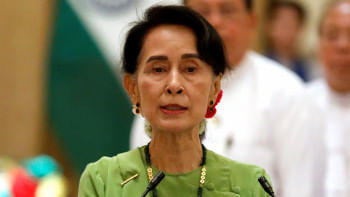



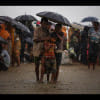
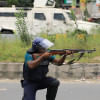

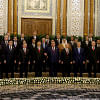


Comments